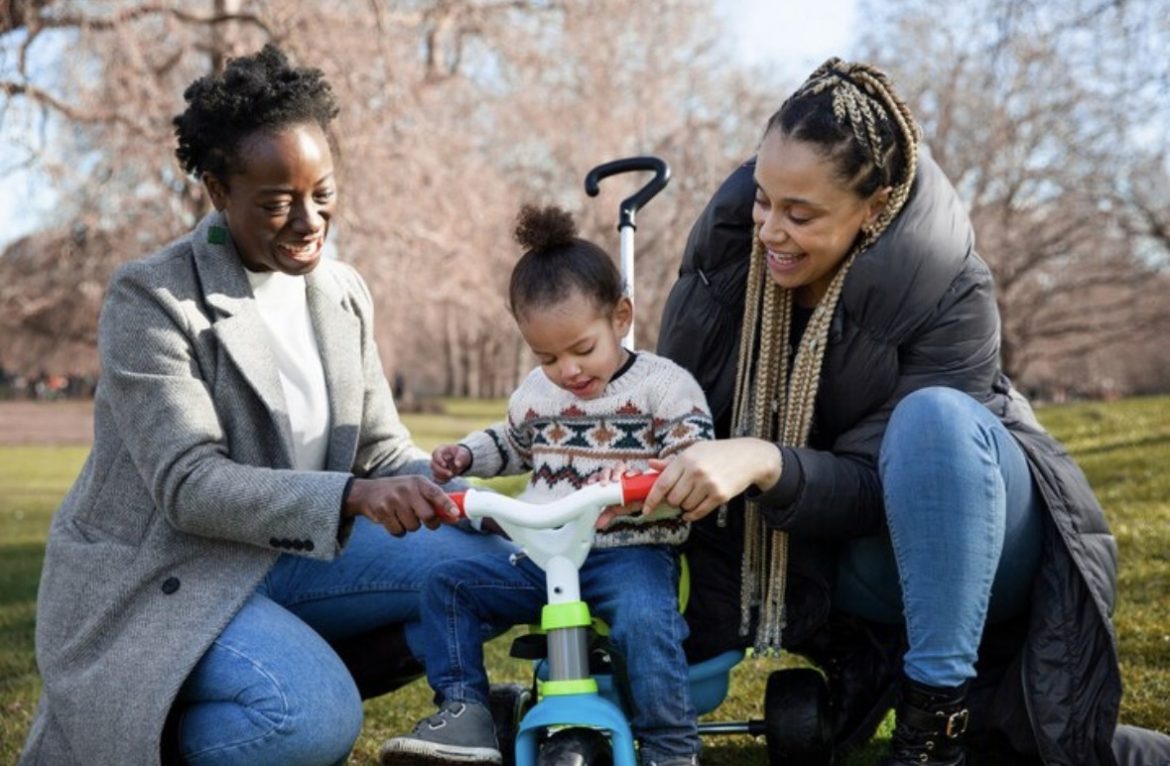Courage is often seen as a trait that develops over time, but for blind children, the foundation of bravery is frequently laid early through consistent support, guidance, and encouragement. Early interventions, specialized educational programs, and a nurturing environment empower visually impaired children to navigate life with confidence and resilience. Understanding how these early support systems contribute to courage can inspire parents, educators, and communities to foster environments that unlock a child’s full potential.
The Importance of Early Intervention
Early intervention is crucial for blind children because it sets the stage for cognitive, emotional, and social development. Programs designed to teach orientation, mobility, and daily living skills help children gain independence from a young age. With expert guidance, children learn to explore their surroundings safely, develop problem-solving skills, and build a sense of autonomy. These early successes, no matter how small, reinforce confidence and lay the groundwork for lifelong courage.
Family Support: The First Pillar of Courage
Families play an essential role in nurturing courage in blind children. A supportive home environment filled with patience, understanding, and encouragement allows children to embrace challenges without fear. Parents who actively engage their children in everyday activities, celebrate achievements, and provide consistent reassurance help instill a sense of self-worth. This early emotional scaffolding ensures that children feel secure enough to take risks, experiment, and learn, which ultimately strengthens their resilience.
Educational Programs that Empower
Specialized educational programs for blind children are instrumental in building courage. Schools and programs that incorporate assistive technology, Braille literacy, and tactile learning create opportunities for children to thrive academically. These programs often emphasize experiential learning, allowing children to face challenges in a controlled and supportive environment. By accomplishing goals and mastering skills, children develop confidence and a belief in their ability to overcome obstacles—a direct manifestation of courage.
Peer Interaction and Social Inclusion
Social experiences also shape a child’s sense of bravery. Encouraging blind children to interact with peers in both inclusive and specialized settings helps them develop communication skills, empathy, and problem-solving abilities. Positive peer relationships provide reassurance and model successful coping strategies, reinforcing the child’s belief in their own abilities. Feeling valued and included in social circles contributes to emotional resilience and instills the courage needed to navigate the broader world.
The Role of Community Support
Beyond family and school, community support strengthens a child’s foundation of courage. Programs, clubs, and recreational activities designed for visually impaired children provide safe spaces to explore new interests and build skills. Mentorship from adults who have successfully navigated similar challenges serves as an inspiration, demonstrating that courage is both teachable and attainable. Communities that actively support blind children cultivate an environment where children can flourish with confidence and independence.
Conclusion
The foundation of courage in blind children is not innate—it is cultivated through early and consistent support. Families, educators, peers, and communities all play critical roles in creating environments where children feel empowered to explore, learn, and grow. By investing in early intervention, inclusive education, and social opportunities through the help of charities for blind children, we can help blind children develop the resilience and bravery necessary to thrive. The courage instilled during these formative years becomes a lifelong asset, enabling children to face challenges with confidence and pursue their dreams without fear.



